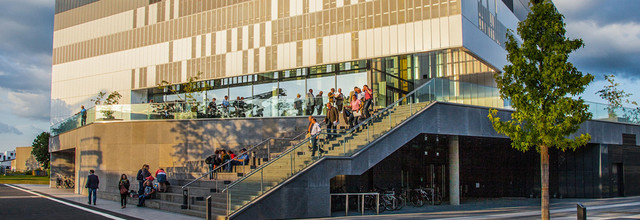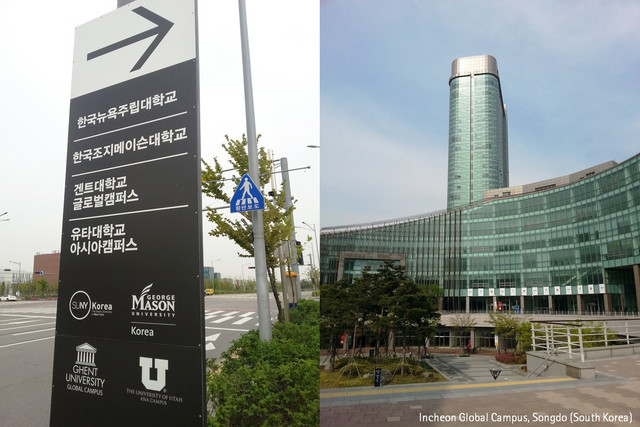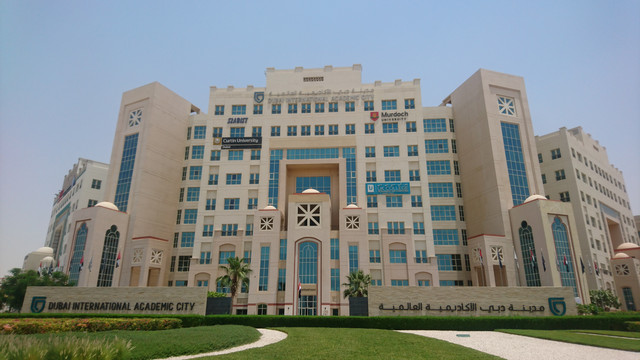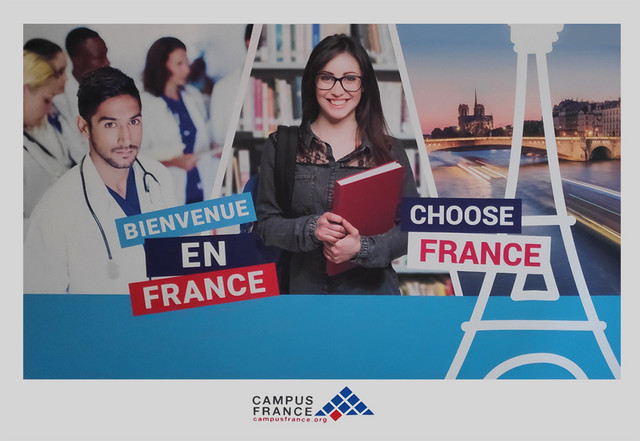Main Content
Globalisation and Knowledge Economy

Globalisation and Knowledge Economy
The Research Group is emerging from the Leibniz Junior Research Group TRANSEDU, which has been researching the globalisation and commercialisation of higher education since 2018. On this basis, the group pursues a broader research agenda on the globalisation of the knowledge economy. It is interdisciplinary in nature, but locates its contributions primarily in economic and urban geography. Current research focuses on commercialisation and internationalisation strategies of European universities, policy approaches aimed at creating regional knowledge clusters through foreign university locations, and the impact of current crises of globalisation on transnational higher education. Methodologically, the group pursues trans- and multilocal research that regularly focuses on the unequal relations between the Global North and Global South. Current regional foci of the research are Europe and Asia. Theoretically and conceptually, the group contributes to political economy and cultural economic geography perspectives, looking at both material and symbolic constructions of spaces.





